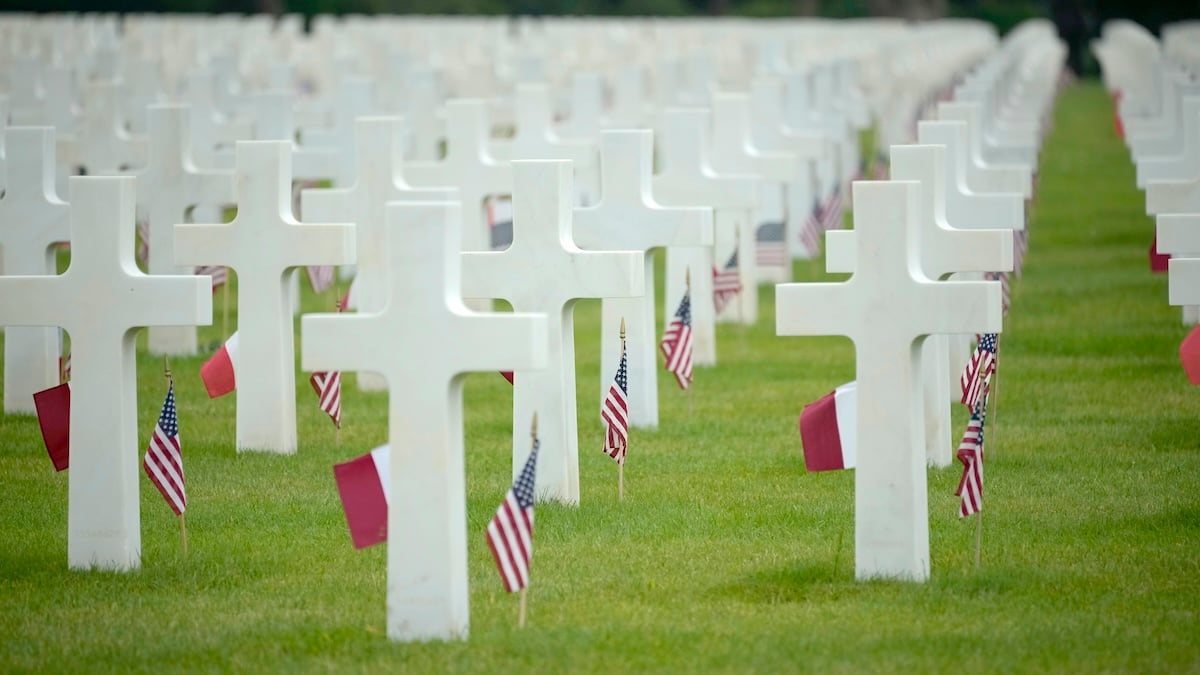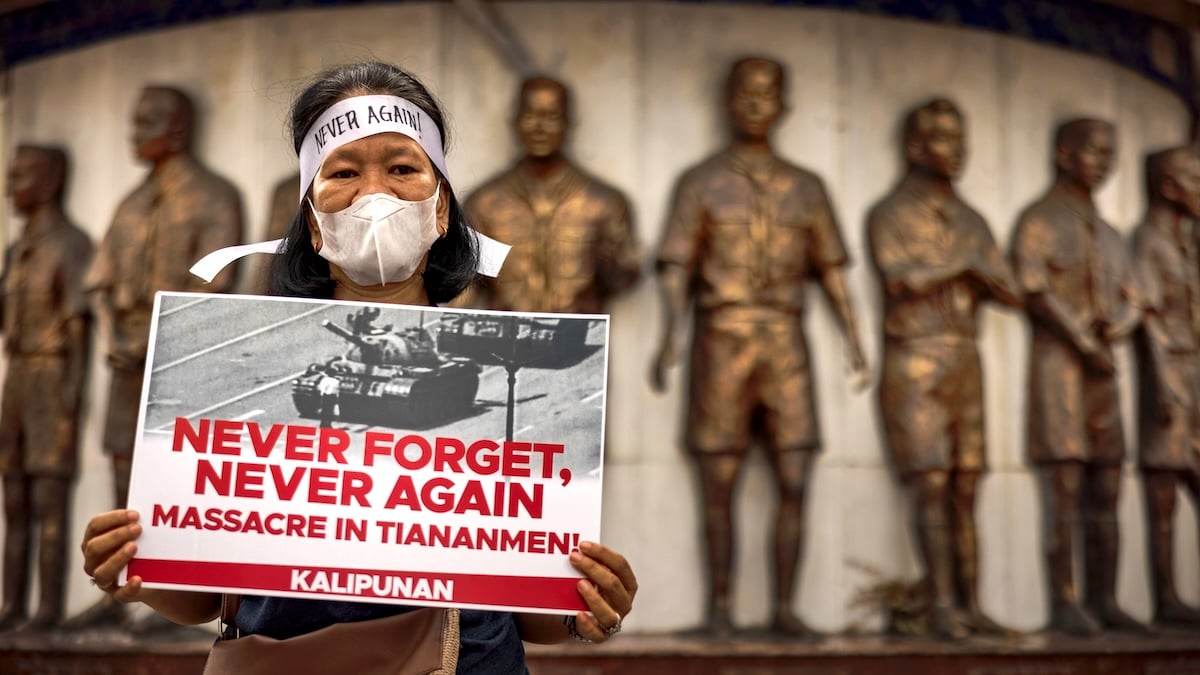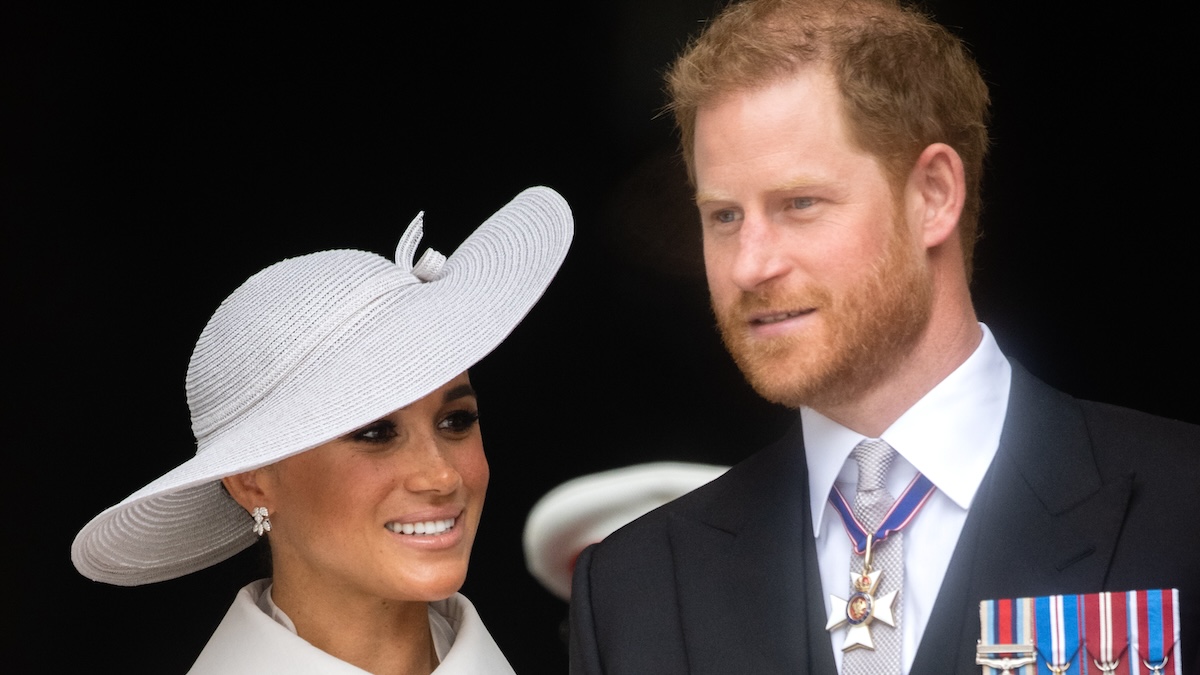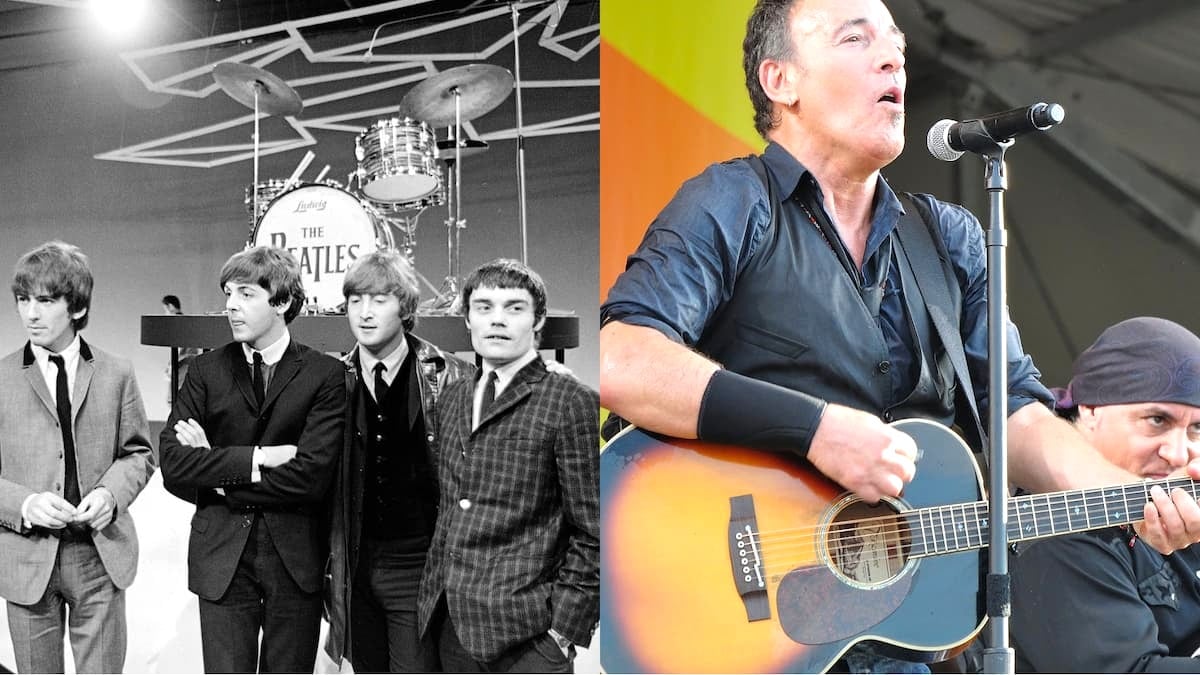Unlike the other seemingly innocuous days of the year, June 4 has become a significant day in history. Unfortunately, like with many days in the Roman calendar, while June 4 was host to many joyful events, there have also been a number of terrible ones that haunt us to this day.
It’s almost impossible to pinpoint all the pivotal events in history that took place on June 4: Prime ministers were chosen, political figures were murdered, and the music, sports, and movie industries experienced monumental events. Here are a few of them that stand out in our eyes.
June 4, 1944: D-Day is postponed

D-Day was originally planned to take place faster than it eventually did on June 6. The initial plans had June 5 marked in the calendar to invade Normandy and start liberating Europe from Nazi Germany. However, on June 4, Dwight D. Eisenhower, a Supreme Commander of the Allied Expeditionary Force at that time, canceled the attack due to weather conditions.
June 4, 1964: The Beatles’ first and only world tour begins
More than 4,000 people gathered in the K.B. Hallen venue in Copenhagen on June 4 of 1964 to celebrate the start of The Beatles’ first and only world tour. The British band started with three European shows, and then proceeded to play a single day in Hong Kong. Afterward, they toured Australia and New Zealand before coming back to Europe, where they concluded the tour on Aug. 16, 1964 in England’s Blackpool.
June 4, 1984: Bruce Springsteen releases “Born in the USA”
If you haven’t heard of Bruce Springsteen, you’ve been living under a rock or dislike rock music very much. On June 4 of 1984, one of the most influential musicians of the past century released arguably the greatest album ever, “Born in the USA.” It sold millions of copies around the world and went Platinum 17 times in the United States alone. The album reached the same status in New Zealand, and reached Platinum status 14 times in Australia and three times in the United Kingdom, Finland, and Denmark.
June 4, 1989:The Tiananmen Square Massacre occurs

Since April 15 of 1989, student-led demonstrations were being held in Tiananmen Square in Beijing, China. The protesters were seeking more political freedom in a period of huge changes in the country. For the whole decade, investors abroad were allowed in the country in the hopes of improving the economic crisis, which led the citizens to believe more political rights were also within their grasp.
As the protests grew, the official parties decided to display military troops in Beijing on June 4 to shut it down. Officially, a few hundred people lost their lives, both civilians and soldiers. However, the death toll could have been as large as 10,000, according to U.K.’s documents from 2017, via BBC.
June 4, 2021: Prince Harry and Meghan Markle welcome their second child, Lilibet Diana

On a lighter note, June 4, 2021 saw the birth of Prince Harry and Meghan Markle’s second child, Lilibet Diana. Every Royal birth is monumental, but what made this one different from the others is that Lilibet was born not in the U.K., but in California following the pair’s departure from the Royal Family. She was named after both the late Queen Elizabeth II and Prince Harry’s own mother, Princess Diana.

